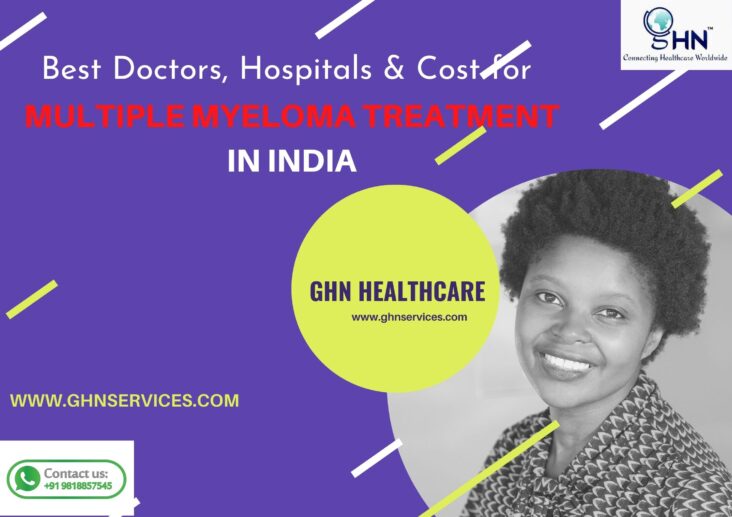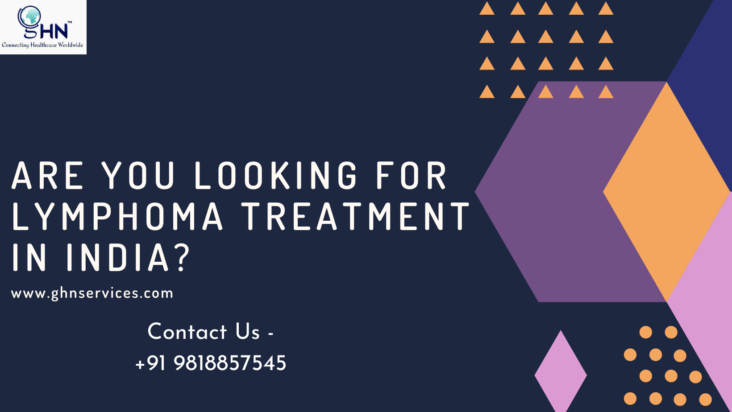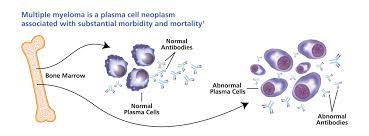Multiple myeloma is cancer of the plasma cells (a type of white blood cells) of the bone marrow. Plasma cells are protein-making cells that generally produce the different kinds of antibodies for our immune system. In multiple myeloma, the plasma cells become malicious and cancerous. These myeloma cells stop making different forms of protein in response to the immune system’s needs and instead start to produce a single abnormal type of protein sometimes termed a monoclonal or M protein. Multiple myeloma plasma cell populations accumulate in the bone marrow, and these collections of cells called plasmacytomas can erode the hard outer shell or cortex of the bone that normally surrounds the marrow. These weakened bones show thinning of the bone, as seen in nonmalignant osteoporosis or what appear to be punched out or lytic bone lesions. People often refer to multiple myeloma simply as myeloma (also termed Kahler’s disease after the physician who first described this cancer). The disease usually occurs in people past middle age.
In India, there are large number of options available for Best multiple myeloma treatment in India.
However, rarely it can occur in a child.
One type of myeloma-related plasma cell neoplasm is called a monoclonal gammopathy of undetermined significance (MGUS). In MGUS, medical professionals only find low levels of M protein and people have no symptoms; MGUS infrequently develops into multiple myeloma.
Plasma cell neoplasm is another name for multiple myeloma. Causes of multiple myeloma
What triggers plasma cells into malicious multiple myeloma is unknown. The cancerous
myeloma plasma cells proliferate and crowd out normal plasma cells and can corrode areas of bones. The proteins produced in large amounts can cause many of the symptoms of the disease by making the blood more viscous and depositing the proteins in organs that can interfere with the functions of the kidneys, nerves, and immune system.
Causes of multiple myeloma are not known exactly. But patients more likely to get affected
• older than 65 years
• people of African-American origin
• overweight or obese people
• family member with it
Stages of multiple myeloma
There are four stages of multiple myeloma. While many health care professionals use different staging, these are various stages cited by many clinicians:
• Smoldering: multiple myeloma with no symptoms
• Stage I: early disease with little anemia, relatively small amount of M protein and no
• bone damage
• Stage II: more anemia and M protein as well as bone damage
• Stage III: still more M protein, anemia, as well as signs of kidney damage
Because staging criteria differ according to different groups, some clinicians simply define the individual’s multiple myeloma without assigning a stage and simply estimate a prognosis for their patient.
Symptoms of multiple myeloma
Patients with myeloma may be asymptomatic with an unexplained increase in protein in the
blood. With more advanced disease, some myeloma patients may have weakness due to anemia caused by inadequate production of red blood cells, with bone pain due to the bone damage, and as the abnormal M protein can accumulate and damage the kidneys resulting in patient’s unexplained kidney damage and decreased kidney function. Multiple myeloma cancer cells may be in or outside the bone marrow.
The following symptoms and signs of multiple myeloma –
• Anemia
• Bleeding
• Nerve damage
• Bone tenderness or pain, including back pain
• Enlarged tongue
• Skin lesions (rash)
• Infections Weakness, fatigue or tiredness
• Kidney failure and/or other end-organ damage• Spinal cord compression •
• Loss of appetite and weight loss
• Leg swelling
• Hypocalcaemia
• Diagnosis of multiple myeloma
• First sign of multiple myeloma is found when a routine blood test shows an abnormal amount of protein in the bloodstream or an unusual stickiness of red blood cells causing them to stack up almost like coins, an unusual formation for red blood cells. The health care professional will do a history and physical exam, looking for signs and symptoms of multiple myeloma. If multiple myeloma is suspected, several studies help confirm the diagnosis.
They include a bone marrow aspiration and biopsy most commonly from the large bones of the pelvis. Cells obtained from the marrow are studied by a pathologist to determine if there is one (plasmacytoma) or more (multiple myeloma) abnormal types or numbers of cells
• Medical professionals also study a sample of the bone marrow aspirate for more detailed
• Characteristics such as the presence or absence of abnormal numbers or types of chromosomes (DNA) by what is called cytogenetic testing.
Bone marrow biopsy can assess the concentrations of cells in the marrow and the presence of abnormal invasive growth of cellular elements.
• Blood testing and urine testing by several methods can determine levels and types of
National Comprehensive Cancer Network (NCCN) recommended that health care professionals use a serum free light chain assay and fluorescence in situ hybridization (FISH) test to further
• Monoclonal protein produced and if there is kidney damage.
Identify multiple myeloma in patients
X-ray studies to identify skeletal lesions and MRI for spinal cord lesions in multiple myeloma.
Medical treatment for multiple myeloma
The therapy is decided based upon the patient’s condition and the cancer management team,
made with the patient’s input. The choices for treatment(s) often include combinations of drugs, some of which medical professionals give as pills and others by intravenous injection.
These include drugs that affect or modulate the immune system, steroids, and some oral or injectable chemotherapy drugs. These are usually used in combinations.
There may be a role for high-dose chemotherapy followed by the administration of bone marrow called a stem cell transplant. Numerous factors come into play in determining whether to do such a transplant. Other medical treatments may include steroids, bisphosphonate therapy, blood or platelet transfusions, plasmapheresis, and other combination therapy depending on the
individual patient’s disease stage.
Radiation therapy may treat painful areas of bone damage. Surgeons can surgically repair broken bones in many cases.
There are many drugs used to treat multiple myeloma. Medical professionals often use the
following drugs in combination with dexamethasone,
• Bortezomib Velcade — protease inhibitor
• Lenalidomide (Revlimid) — immune cell modulation
• Melphalan (Alkeran) — alkylating agent that is toxic to myeloma cells
• Carfilzomib (Kyprolis) — protease inhibitor that is FDA approved usually for patients
• who have failed a previous treatment
• Daratumumab (Darzalex) — monoclonal antibody that may damage or kill multiple
• Myeloma cells (and others) that have CD38 protein on their surface
• Elotuzumab (Empliciti) — a compound that activates the body’s natural killer cells to
• Destroy multiple myeloma cells, usually in combination with Revlimid and Decadron
• Ninlaro (Ixazomib) — This proteasome inhibitor, in combination with Revlimid and
• Dexamethasone, improves the survival rates of some patients with multiple myeloma.
Hospitals offer best multiple myeloma treatment in India, the charges for autologous stem cell transplant ranges between USD 15000 to USD 21000 depending on the status of the disease and individual’s response to the treatment provided at the hospitals.
Related Articles –
About GHN Healthcare –
GHN Healthcare Services is a leading Medical treatment Assistance Company based in New Delhi (National Capital region), India. The Organization actively engaged in providing Medical assistance to foreign Patients who choose to travel to India for quality medical care at a reasonable cost. GHN Healthcare Services is associated with 25+ Top-Notch Hospitals and has a network of 500+ Super Specialists to offer world-class medical care at a reasonable cost.
For any enquiries related to Multiple myeloma treatment in India. Click here…




